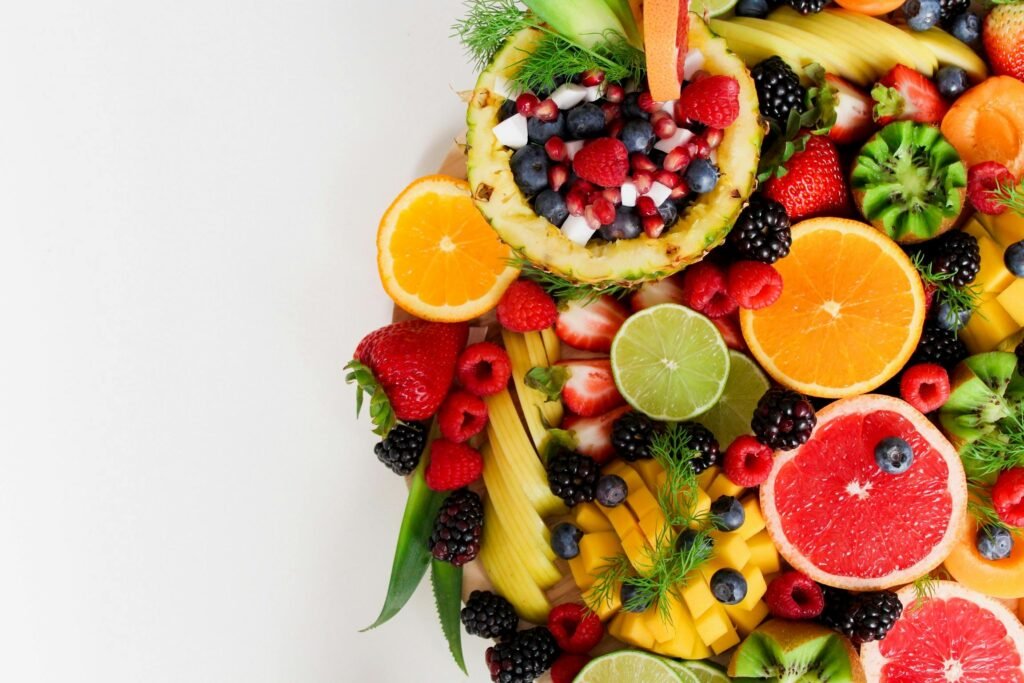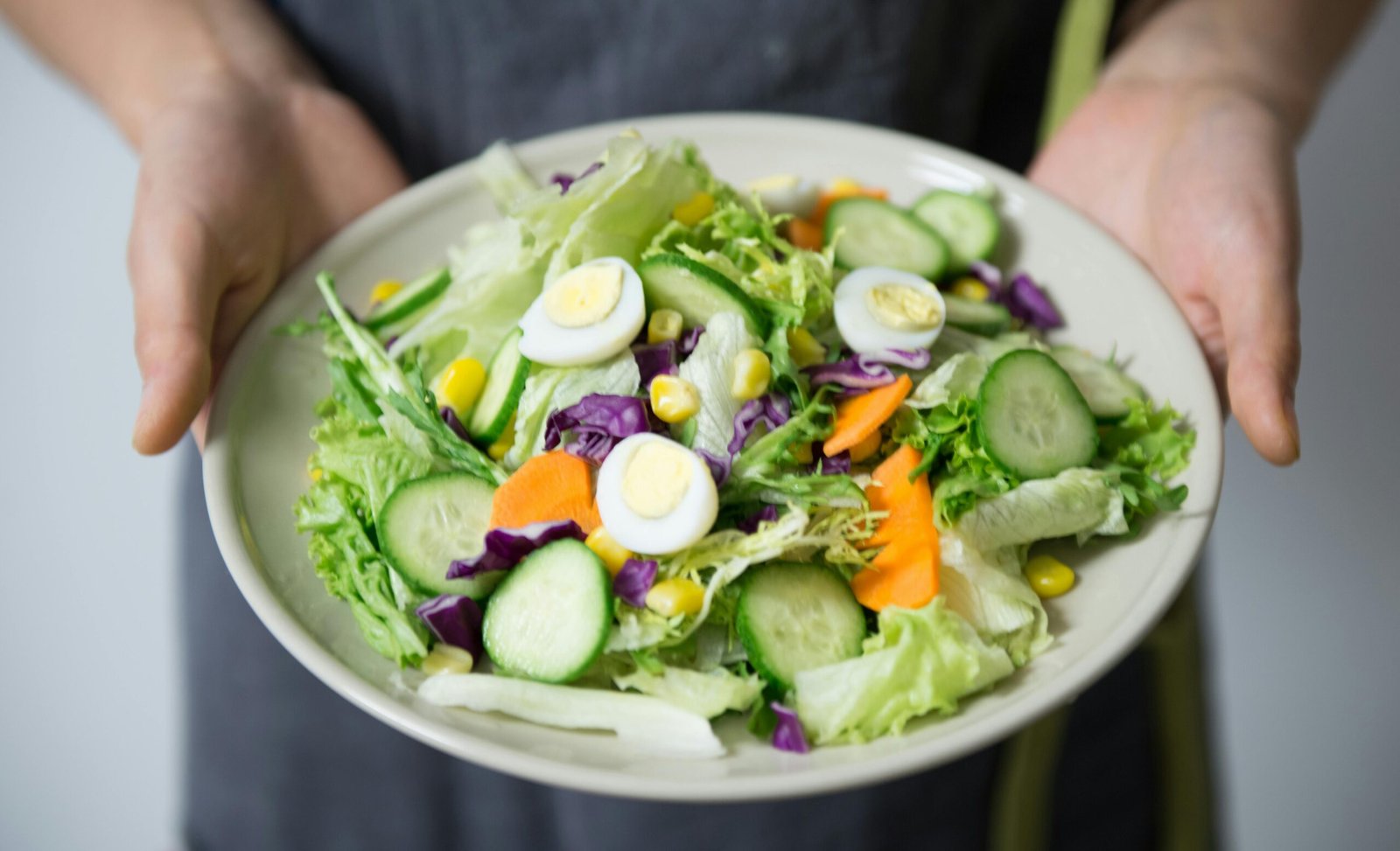Let’s Talk Nutrition: A Guide to Keeping You and Your Loved Ones Healthy
“Eat wisely today, nourish tomorrow; nutrition fuels not just the body, but the journey of life.”
The Folks of Delhi NCR
· Among the vibrant colours and rich traditions of India’s busy streets, malnutrition is a silent battle that many families must fight. Although the word may seem large and complex, women, kids, and communities all throughout the country are severely impacted by it.
· Imagine a newborn baby, so small and delicate, coming into the world with unfulfilled expectations and dreams. However, many of these priceless infants begin their journey underweight and vulnerable in states like Rajasthan, Madhya Pradesh, and Uttar Pradesh. An all too often reality that breaks hearts is this.
· However, why is nutrition such a big deal? Now picture your body as a precisely designed machine. Our bodies require the correct fuel to function, just like an automobile does. Our diet, which nourishes us from the inside out and includes grains, fruits, vegetables, and proteins, provides that fuel.
· Giving our bodies the resources they require to develop, learn, and maintain their health is the true meaning of good nutrition—it goes beyond just stuffing our mouths. Adequate nourishment can make all the difference in the world for moms, babies, and kids—between health and illness, and between a promising future and a difficult one.
· Children are better able to learn, play harder, and dream greater when they eat enough food and the correct nutrients. Furthermore, people who receive enough nutrition are more productive, have more chances to support their family, and are less likely to become trapped in a cycle of hunger and poverty.
· Unfortunately, though, not everyone has access to the wholesome meals they require. Malnutrition is a silent killer that claims millions of lives in many parts of India. Undernutrition, in which kids don’t eat enough food to develop strong and healthy, and overweight and obesity, which can result in a number of health issues like diabetes and heart disease, are just two examples of the various forms it can take.
· Then there are the micro nutrients, which are tiny vitamins and minerals that are still quite important to human health. Consider them our bodies’ super heroes when it comes to sustaining growth, warding off illness, and ensuring optimal function. However, problems can occur if we don’t get enough of these micronutrients, which include iodine, iron, and vitamin A.
· A day at work or school where you feel weak, exhausted, and lightheaded is not ideal if you have anaemia, a condition brought on by a low iron level. Even though it’s less prevalent, iodine shortage can have detrimental effects, particularly on expectant mothers and their unborn children. Babies may be born with brain damage or other birth problems if they don’t get enough iodine.
· The good news is that malnutrition is not always the result. It’s actually avoidable. We can significantly improve our own and our loved ones’ health by learning about nutrition, choosing wise foods, and guaranteeing that we have access to fortified foods and supplements when we need them.
· Consider salt as an example. One of the best methods to avoid iodine shortage is to use iodized salt, which is salt that has been enriched with iodine. We can shield our children and ourselves from the destruction caused by iodine deficiency disorders by simply making the decision to use iodized salt in our meals.
· Not to be overlooked is vitamin A, which is necessary for robust immunity, healthy vision, and general well being. Supplementing with vitamin A can save the lives of nursing moms and young children by decreasing their risk of blindness and deadly illnesses.
· What steps can we take, then, to guarantee that our families and we are receiving the necessary nutrition? Learning about the value of a balanced diet, the function of micronutrients, and the effects of malnutrition is the first step in the process. Given with this understanding, we may make knowledgeable decisions regarding the foods we consume and the supplements we take.
· However, education is just the start. In addition, we require assistance from our governments, communities, and UNICEF, among other groups that are devoted to promoting better nutrition globally. Together, we can push for laws that give nutrition top priority and build a better, healthier future for everybody.
¶¶ Start my friend with eating a variety of foods, including fruits, vegetables, whole grains, and lean proteins, can help ensure that we get all the nutrients our bodies need to stay healthy ¶¶
Important actions by the government
· Nutrition Education Programs: The Indian government runs a number of nutrition education initiatives to raise public knowledge of the value of a healthy, balanced diet, especially for growing children and expectant mothers. One important tactic is enhancing food, which is the process of preparing common foods to include necessary vitamins and minerals.
· Food Fortification: In order to successfully address deficiencies in micro nutrients, initiatives like those of the Food Safety and Standards Authority of India (FSSAI) concentrate on fortifying essential foods like rice, wheat flour, and salt.
· Integrated Child Development Services (ICDS): This initiative, which provides early childhood education, extra nutrition, and healthcare to children under six as well as to expecting and pregnant women, is another crucial one.
· Mid-Day Meal Scheme: In the meantime, by offering wholesome meals, the Mid-Day Meal Scheme seeks to improve the nutritional intake of schoolchildren and encourage consistent attendance.
· National Food Security Act (NFSA): The goal of the National Food Security Act (NFSA) is to guarantee access to a sufficient amount of food at reasonable rates for qualified households by offering subsidised food grains.
· National Nutrition Mission (POSHAN Abhiyaan): In order to effectively tackle malnutrition and undernutrition, the National Nutrition Mission, also known as POSHAN Abhiyaan, was established in 2018. It focuses on specific interventions spanning healthcare, nutrition, water, sanitation, and hygiene.
The government aims to improve the nutritional status and well-being of the population, especially vulnerable groups like children, pregnant women, and nursing mothers, by addressing a variety of nutrition-related issues through these extensive initiatives, from education and strengthening to supplementation and access.
It’s time for you to take command now

Fuel
Your Body
Wisely.
In order to preserve your best health, abide by these vital recommendations:
· Balanced Diet: A balanced diet should include a wide variety of foods, such as fruits, vegetables, healthy grains, and lean meats. This guarantees that your body gets a variety of nutrients that are essential for strong health.
· Encourage Local Farmers: Give preference to produce grown nearby in order to support local farmers and get access to the freshest, healthiest food possible.
· Education on Nutrition: Recognise the significant influence that nutrition has on health and share this understanding with your social networks to encourage better eating practices.
· Breastfeeding: Breastfeeding gives moms essential nutrients and protects their babies from illness and starvation, establishing a solid foundation for their well being.
· Access to Nutritious Foods: Promote better community access to wholesome foods by supporting neighborhood food banks and pressuring retailers to carry more healthful options.
· Food Fortification: Promote food fortification programmes that add vital vitamins and minerals to food—like iodine in salt—to prevent micro nutrient shortages and improve general health.
· Frequent Medical Examinations: Make regular health examinations and screenings a priority in order to guarantee sufficient dietary intake and to quickly address any new health issues.
· Physical Activity: To maintain a healthy weight and enhance general well being, include regular physical activity into your routine, such as walking, cycling, or dancing.
· Community Support: If you’re looking for encouragement and support from people who share your interests in nutrition and health, get involved with community clubs or initiatives.
Conclusion :
Following these guidelines will help you create a lifestyle that promotes optimal health and well-being, which will enhance not just your own vitality but also the resiliency and vibrancy of your community.
Therefore, let’s resolve to give our bodies, minds, and spirits the nourishment they require to flourish today. By working together, we can create a future in which every kid has the chance to grow up healthy, happy, and full of potential and where starvation is a thing of the past.
Source of Information : The analysis conducted by “The Folks of Delhi NCR” Team & examined various sources, including UNICEF. One such source is the UNICEF’s guide on raising healthy eaters, available at https://www.unicef.org/parenting/food-nutrition/how-to-raise-healthy-eater. This comprehensive resource offers valuable insights for nurturing nutritious eating habits in children.

